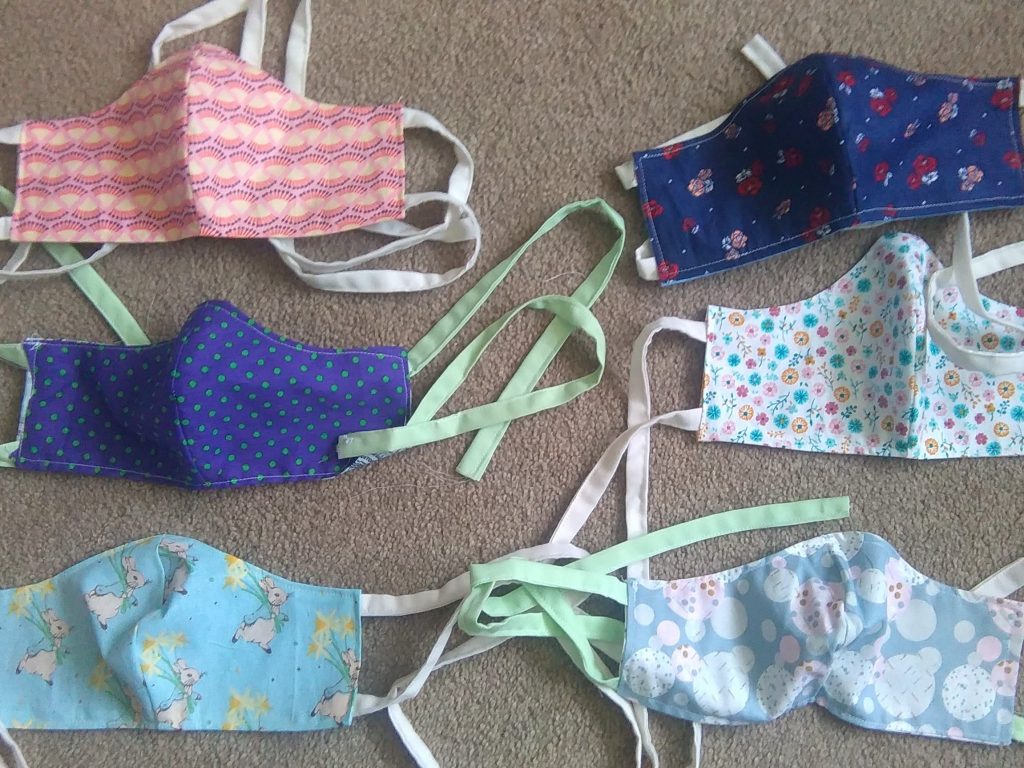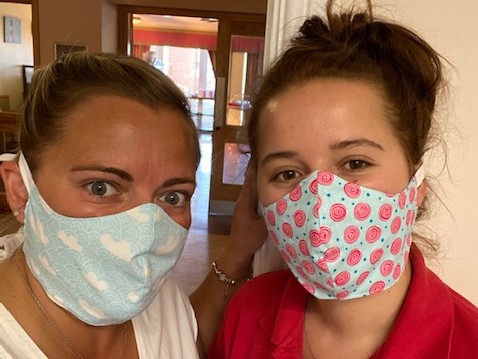Over the past few weeks we’ve been sharing stories about some of the inspiring community initiatives that have surfaced from the Covid-19 crisis. This week we focus on some of the work being done to reduce isolation and loneliness. According to a government report released early this year, loneliness can have a hugely negative impact on our health, wellbeing and self-esteem, as well as being linked to early deaths and an increased risk of illnesses such as coronary heart disease, stroke, depression, cognitive decline and Alzheimer’s.
In April we launched our new digital hub “Covid Brighton & Hove” - a coronavirus help directory for the city providing vital information through one trusted site. The site links people with a range of services and provides hundreds of signposts to help address many needs. From food shopping to financial assistance the site reminds visitors “You’re not alone. We’ll get through this together”.
After emergency food provision and housing information, the pages relating to loneliness have received the third highest number of visitors, demonstrating the high demand for services addressing loneliness and isolation. The pages on the Covid Brighton & Hove site contain many useful links to organisations tackling loneliness, such as Together co, LGBT Switchboard and Samaritans.
During the Covid-19 pandemic, we have built on our existing work, using a variety of approaches to reduce and prevent isolation. These include:
- Proactive outreach to identify and support vulnerable people and helping them to access appropriate pathways to statutory services, befriending, Mutual Aid and support networks.
- New Digital Hub. Covid Brighton & Hove new Digital Hub providing vital information through one trusted site and linking people with services.
- Off-line Support. Targeting those without Wi-fi, computer or mobile access - through phone support, phone trees, postal packs and hand delivered local CV-19 newsletters.
- Proactive social prescribing and getting crucial, up to date, CCG info to excluded people. Delivering specialist mental health support with BAME communities.
- Youth Work. Coordinating online YW programme keeping young people connected and supported.
Here are some of the stories which show this work in action
--
PPE for care workers
The lack of PPE for care home workers since the Covid-19 outbreak has been well documented in the media, particularly in the early days of the outbreak and lockdown.
Ageing Well is a city partnership for the over 50’s led by Impact Initiatives and TDC is a partner in the East of the City. We use an asset based community development approach in which older volunteers are supported to develop their own groups and activities.
Our Ageing Well Project Manager and Participation Worker Sue Sayers supports older people to recognise their own skills and develop their capacity as volunteers. She also works just outside of our city boundaries in Peacehaven thanks to establishing a group at Downlands Court that is now self-financing and can buy in her support as necessary. Downlands court is a retirement scheme made up of one and two-bedroom apartments plus shared areas for residents which include a lounge, dining areas and a courtyard garden.
Kerry, the Care Manager wanted to organise activities for the residents but was unable to do so due to insufficient PPE – specifically face masks for staff. Through her work building relationships in the community over the years, TDC’s Sue has built up a network of volunteers. She was able to reach out through this network with a call out for PPE, to which Margaret, a craft volunteer, responded. Margaret passed the request on to Julie and Beryl who very quickly made 60 cotton, washable, double-layer, close-weave masks - enough for workers to have 3 each so they can wash and reuse their masks after each wear. This meant that activities could run safely with staff knowing they were doing all they could to protect the older residents in their homes.
Not only did this solve the problem but the care staff reported the masks “were much more comfortable than the ones they are usually supplied with and because they were made from pretty fabrics they were far nicer for the residents to see on the carers, particularly for those with dementia.”
And to sum up, Sue says “It was a win-win situation for all involved. Carers and residents were protected, residents’ day-to-day lives were brightened and our volunteers got the satisfaction of knowing they had made a real difference. We have learned that it is often the local solutions to a situation that produce the most appropriate answer”.
These photos show some of the face masks made by volunteers, Julie and Beryl, for carers at Downlands Court, and Kerry the care manager with one of her team.


